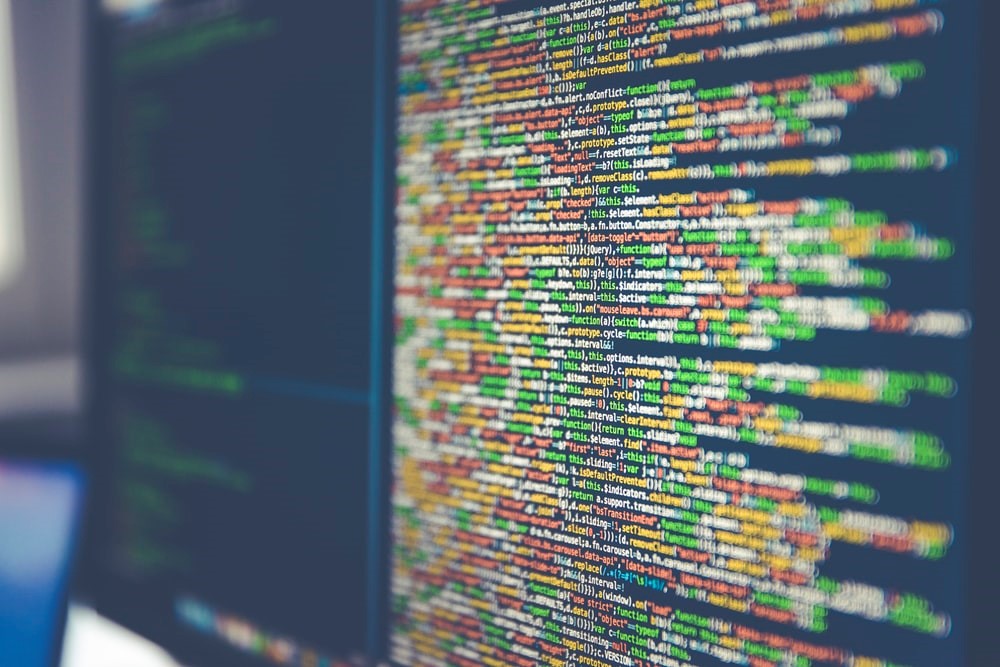Is it finally happening? Are we entering a world where code writes itself—and developers are left watching from the sidelines?
If you’ve been following the rise of AI tools like GitHub Copilot, ChatGPT, or even Google’s AI integrations, you’ve probably asked yourself: Is AI going to replace coders?
Let’s dive into that question!
And don’t worry—this isn’t another doomsday post. We’re unpacking this from the lens of developers, app creators, and businesses trying to keep up with technology, not fear it.
Without further ado, let’s dive in!
AI is Definitely Changing the Game
Let’s be honest—AI has made some serious waves in the coding world. It can write functions, debug code, and even suggest architecture patterns. You type in “build a login page,” and voila—you get a rough skeleton of code that works.
That’s powerful.
As an Android application development company, we’ve seen AI accelerate our process in surprising ways. But does that mean it’s replacing programming languages?
Not quite.
AI Writes Code, But It Doesn’t Think Code
Here’s the real deal: AI doesn’t “understand” code like a human does. It predicts what code should look like based on tons of data it’s trained on. So yes, it can generate a “working” snippet.
But it can’t:
- Fully understand the end goal of your project
- Decide which tradeoffs are better
- Adapt your code for long-term scalability
- Handle project-specific security issues
- Your client’s requirements
These are things real developers do every day. So when someone asks if AI can replace coders, the realistic answer is: not yet. And maybe not ever, at least not entirely.
That’s the reason, there’s a huge demand for developers today and even will likely to go beyond in the coming years.
Programming Languages Aren’t Going Anywhere
Languages evolve, sure. We’ve moved from low-level code to modern frameworks and tools like React Native, Flutter, Kotlin, and Swift. AI is just the latest addition to that evolution.
But programming languages themselves? They’re still the foundation. Even if AI is writing more of our code, it’s still writing it in those languages. JavaScript, Python, Java, Dart—these languages aren’t obsolete. They’re the canvas.
And guess what? Developers still need to read, understand, and optimize the code AI produces.
So, is AI replacing programmers? Nope.
It’s becoming their co-pilot.
The Developer’s Role is Evolving, Not Disappearing
What we’re seeing is a shift in what developers do. Less time writing boilerplate code. More time designing intelligent systems.
Less manual testing. More focus on logic, experience, and architecture.
AI is handling the repetitive parts. Developers are levelling up.
It’s like using a calculator—you don’t stop learning math. You just do it faster and more accurately.
Real-World App Development Needs Human Thinking
Let’s bring this into the app world for a second. Say you’re building a mobile app for a fintech startup. Sure, AI can help generate UI code, basic logic, maybe even suggest how to integrate with an API.
But who’s going to:
- Make UX decisions based on user behavior?
- Choose the right architecture for scalability.
- Handle performance optimization across Android devices?
- Build a brand-consistent, intuitive experience?
AI’s not ready for that. You need seasoned engineers who understand not just code, but product thinking.
AI is a Tool, Not a Replacement
Think of AI as a power tool. Would you rather build a house with a hammer or a nail gun? You’ll pick the nail gun every time. But you still need a carpenter. That’s what AI is for developers.
A tool that makes them faster. Smarter. More focused on the hard stuff. But take away the dev?
And the tool’s just sitting there.
What AI Can Replace
Okay, let’s be fair. AI will change some parts of the development landscape.
It could reduce the need for:
- Junior devs writing boilerplate
- Manual QA testers running repetitive tests
- Large dev teams for small apps
But even in those cases, you still need someone who knows what “good” code looks like. Someone to guide the AI. Review the output. Avoid critical mistakes. And make judgment calls machines can’t.
Will Traditional Programming Die Out?
Not for a long, long time. As AI gets smarter, programming languages may become more abstract. We might speak to AI in pseudo-code or plain English. But under the hood? There’ll still be languages like JavaScript or Kotlin making things tick.
The skillset will shift, yes. But the need for understanding how software works—from logic to infrastructure—will remain strong.
Final Thoughts: Should You Be Worried?
Not at all. If you’re a developer, keep learning. Especially about AI. It’s not your enemy—it’s your sidekick.
If you’re a business owner or startup? Partner with a team that knows how to harness AI and write great code.
However, before making a move, you should always consider the expertise, experience, and type of team that you want to hire. Doing a thorough check will ensure you will have a professional team of experts with dedicated expertise and experience who will certainly deliver tangible business outcomes!
Always keep in mind that at the end of the day, AI can help write code. But building great apps? That still takes humans and always requires creative mindsets to turn visions into realities.

